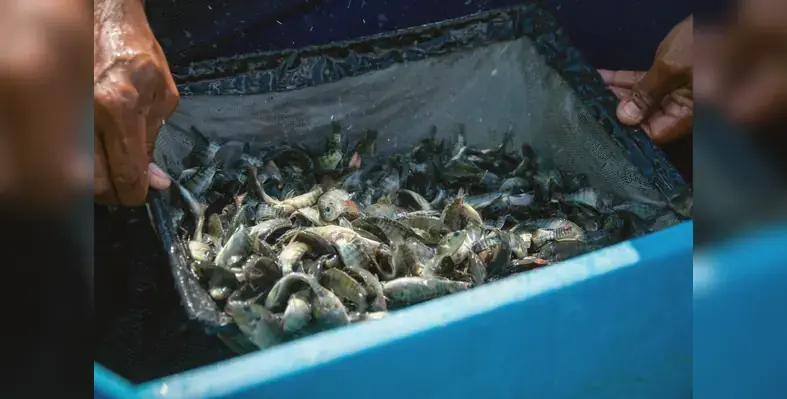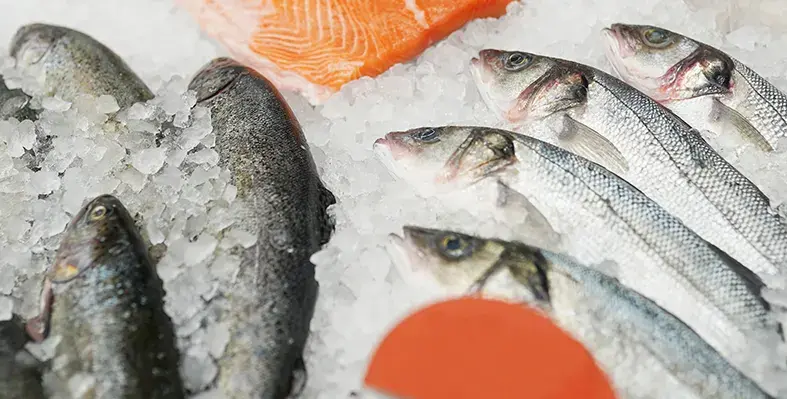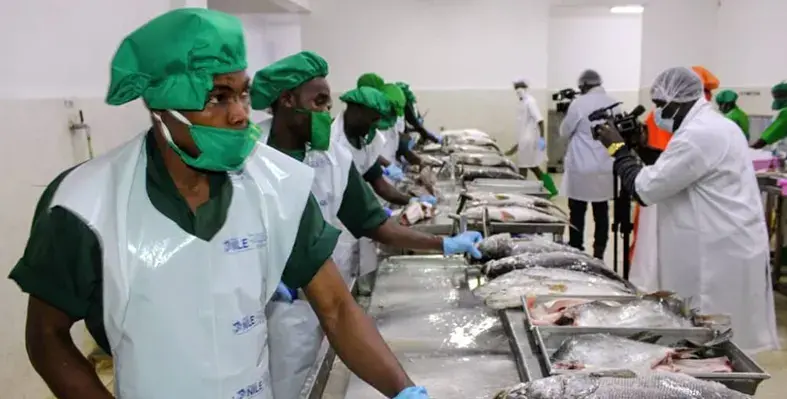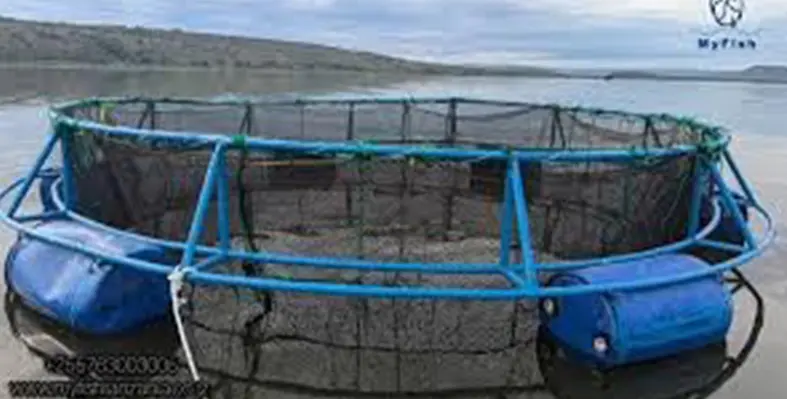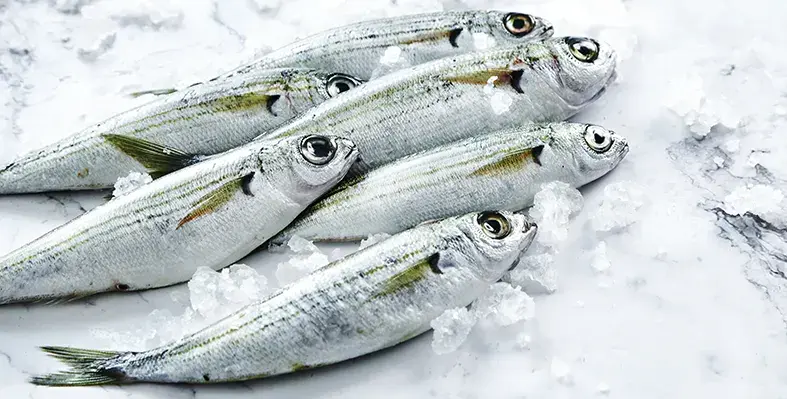A World Bank Implementation Support Mission is currently taking place in Monrovia as part of ongoing oversight of the Liberia Sustainable Management of Fisheries Project, one of the country’s most important investments in food security, jobs and coastal economic growth.
Led by World Bank Task Team Leader Ngao Mubanga, the mission is focused on reviewing progress, strengthening technical delivery and ensuring that planned activities under the project are completed on time and to the required standard. The project is being implemented by the National Fisheries and Aquaculture Authority, commonly known as NaFAA.
According to an official statement, the mission is assessing a range of priority investments that span infrastructure development, fisheries value chains, institutional strengthening and private sector participation. Among the major activities under review are preparations for a modern fisheries complex, progress under the aquapreneurs incubation programme and renovation works at NaFAA’s regional headquarters in Harper, Maryland County.
The aquapreneurs initiative stands out as a key livelihood programme under the project. It is expected to conclude with the competitive allocation of fiberglass fishing canoes, aimed at improving safety at sea, modernising artisanal fishing methods and boosting productivity for small scale fishers.
“The objective of this mission is to ensure that implementation remains aligned with agreed standards and that project benefits are delivered efficiently to Liberians who depend on the fisheries sector for their livelihoods,” Mubanga said, underlining the World Bank’s focus on results driven development.
The mission is also reviewing efforts to establish a dedicated call centre to strengthen the Fisheries Information Management System, which supports data based decision making and monitoring of fishing activities. Alongside this, progress is being made on a Public Private Partnership framework to attract private investment into fisheries and aquaculture infrastructure.
Other components under review include construction of a 1.2 kilometre access road, as well as development of a 10 Year Fisheries Strategic and Investment Plan for 2026 to 2035. The plan is expected to be launched at the National Fisheries Investment Conference on March 30 and 31, 2026, by President Joseph Nyuma Boakai.
During the mission, the World Bank team will visit canoe manufacturing sites, meet beneficiaries of the Women’s Empowerment Grant Programme and inspect the Klay Fish Hatchery in Bomi County to ensure quality, community impact and environmental compliance.
“These field engagements are critical,” a NaFAA official noted. “They allow both the Bank and the implementing agency to directly hear from beneficiaries and ensure that investments are meeting community needs while respecting environmental standards.”




